Khabar Khair (Only Good News) – Fatima Rashed
The leadership terminology circulating in Yemeni society in its general content is no longer directed at men without women. Today, Yemeni women have imposed themselves on all cultural, social, etc. fields, and they are taking their rightful place as a leader in civil society organizations, defying all the difficulties they face, whether at the personal level, or those difficulties related to the cultural ideology of society.
Yemeni Women in the face of Conflict
Huda Al-Sarari, the human rights defender, head of the Defense Foundation for Rights and Freedoms, says, “I was able to bypass the social and cultural restrictions in Yemeni society that prevent me from being a woman leader, and other women were also able to achieve this”.
Huda, winner of the Aurora Prize for Awakening Humanity and Martin Ennals Award for Human Rights, tells “Khabar Khair” (Only Good News) that, “the conflict in Yemen has imposed on us other restrictions that are more severe than those challenges that we have been experiencing before, and we can overcome them through advocacy, the feminist movement, and rights claiming to support women’s rights, especially in legislation and laws.
Al-Sarari stands in the face of challenges that detract from the rights and freedoms of women and says, “The direct offense that target us because we are women defenders of human rights is that we don’t feel the absolute freedom that allows us to work and express our opinions, without being fearful for our parents and families, and this is a simple example of the libel and threat we are facing in our practical life because of our opinions in futile political trials, and our classification as traitors or agents of foreign international organizations”.
Al-Sarari added that there are women human rights defenders who have been subjected to many threats, libel, confiscation of the right to life, and many women have been subjected to torture, arrest and disappearance.
Al-Sarari asserts that the oppression of women, insecurity and lack of basic services in other regions of Yemen contributed to dissuading women from fulfilling the roles assigned to them to the fullest due to many factors in addition to the frustrated political actors and the neglect of political parties by women within the framework of their parties and not pushing them to assume leadership positions in the country with their success and merit in building peace and calling for the reform of the social fabric torn apart by conflict.
She said, “Since the beginning of the ongoing conflict in Yemen, women have not been helped by their presence in the relief work, monitoring, documentation, and defense of human rights and peace, in order for them to be considered in the eyes of the other partner in decision-making, but they were excluded due to the lack of higher political will, followed by the failure of political parties and their falsehood towards recognition of the partnership of women and their role, which resulted in the formation of a government emerging from the Riyadh Agreement without women”.
Al-Sarari concludes her interview with “Khabar Khair” (Only Good News), “The flimsy and ridiculous excuses were presented to us in order to waive our right, and this of course will not deter us from demanding political participation as an authentic right stipulated by the outcomes of the national dialogue in which most political forces participated in accordance with the constitution and international legislation and Resolution 1325, which gives women the right to claim and have true partnership in building Yemen as an effective voice for peace”.
Leadership Skills Refined by Experience
In a related context, Dr. Hoda Ali Alawi, Director of the Women’s Research and Training Center, at the University of Aden, told “Khabar Khair” (Only Good News) website, “I have contributed to the establishment of networks to advocate for quotas, gender networks and contact points for gender-based violence. I have completed an evaluation study on barriers to humanitarian response programs reaching vulnerable groups in 11 Yemeni governorates with the support of the Danish Refugee Council (DRC) in 2020 AD, I was appointed as a consultant for more than one project and carried out numerous trainings in the last ten years on women’s issues in general, and gender in particular for the Arab Organization for Human Rights, the Open Society Foundation, the Search for Common Ground Organization and the United Nations Population Fund, And the Penal Reform International Organization”.
Outside the circle of challenges she faced, and the most prominent difficulties that stood in the way of her work, she believes that every challenge is a stage for another creativity that her center offers with her distinguished staff.
Huda considers herself lucky because she did not face obstacles during the implementation of her creative work, as she says.
In Yemen, there are many women leaders, especially youth leaders, who appear timid even though their roles are tangible in civil society organizations.
Maliha Al-Asadi is an ambitious leader whose role as a leader emerged thanks to her work at the “Wujooh” Foundation, where she left her mark in many of the Foundation’s activities, as she participated in the founding process with the journalist Mansour Al-Jaradi.
Al-Asadi recounts her commencement in working with organizations for “Khabar Khair” (Only Good News) website, “I started working in civil society with the events of change in 2011 AD when the Syndicate of Journalists selected a group of public figures from media professionals, poets and politicians to participate in a meeting organized by the syndicate to discuss the events of change and the media discourse that prevailed at the beginning of the events especially from young people who support and direct them”.
Maliha added, “A number of attendees agreed to establish an alliance of journalists and activists for change and freedom, and I was one of the founders of this alliance and afterwards we organized many events that began preparing a code of honor that was sent to all media channels with the aim of adopting a media discourse committed to the ethics of journalism and media as much as possible”.
She said, “The alliance continued for a year in organizing solidarity vigils and training courses, as well as we participated in preparing a programmatic map for a number of channels that attended the first meeting and signed the honor code prepared by the team in volunteering workshops”.
Maliha asserts, “After the alliance continued, we were enthusiastic to register it in the Ministry of Social Affairs and Labor, and because of the country’s events and the strikes that accompanied the protests, we were unable to register the name and they asked us to register it as a regular institution, so the name “Wujooh for Media and Development” was chosen after the withdrawal of most of the alliance members and the creation of other entities of their own”.
A position counted for Maliha when she found herself facing the greatest challenge in order for “Wujooh” to continue to exist among a number of institutions in Yemen.
Maliha continues the journey of the challenge, “From here began the building of the institutional work without any capabilities available to us, as I had, at the beginning of the establishment, to borrow an amount of one million Riyals in order to be able to register the institution. And after the registration, I prepared it for its owner and borrowed some old furniture available with some of my relatives to start working and I had to sell copies of my collections of poetry in a number of ministries and sectors at promotional prices dedicated to creative people, so that I can benefit from its value in paying the rents of the simple headquarters in which we decided to establish the business”.
Maliha does not forget what the “Wujooh” Foundation provided her, as she received a number of training opportunities and attended a number of workshops and conferences locally and internationally, which qualified her to work in the United Nations as part of a project affiliated with the Office of the Special Envoy of the Secretary-General of the United Nations during the national dialogue in 2013.
On the other hand, the journalist Wedad Al-Badwi, head of the Cultural Media Center, who recently won the “Atwar Bahjat” award from Iraq the Arab Women Media Forum, speaks to “Khabar Khair” (Only Good News).
Wadad says, “I started my journalistic work by covering women’s issues, and I got involved in civic work related to women’s issues, after which I moved to establish the Cultural Media Center in 2011, but the work in it was limited”.
Wedad faced many challenges and obstacles that stood before her. She did not find the required support for her center. The reason is as she says, “Because we, in our center, do not work in the relief and humanitarian field, and this makes us far from support. We work in the media and cultural role, and this is one of the obstacles that stand before us”.
Gender Newsroom
The Gender Newsroom was the source of hope for Wedad Al-Badawi, who was able, thanks to this room, to present women’s issues and monitor all the violations against them, in addition to highlighting the suffering of women and their success stories. Al-Badawi describes the work in the gender room as a neutral act, since most of its materials do not offend anyone and do not serve any of the conflict parties.
Another project that Wedad presented is training female media women on digital information security for a period of one year and 3 months. In fact, 8 months have passed since the launch of this project.
As part of her advocacy for women’s rights, Al-Badawi called to provide protection for women, and to grant them licenses to establish civil centers and organizations, and not to hinder them or restrict their work.
Yemeni women are still defending their right to political decision-making and their competence in holding leadership positions, which is an inherently historical right linked to a past in which Yemeni women held the highest leadership positions in the state.

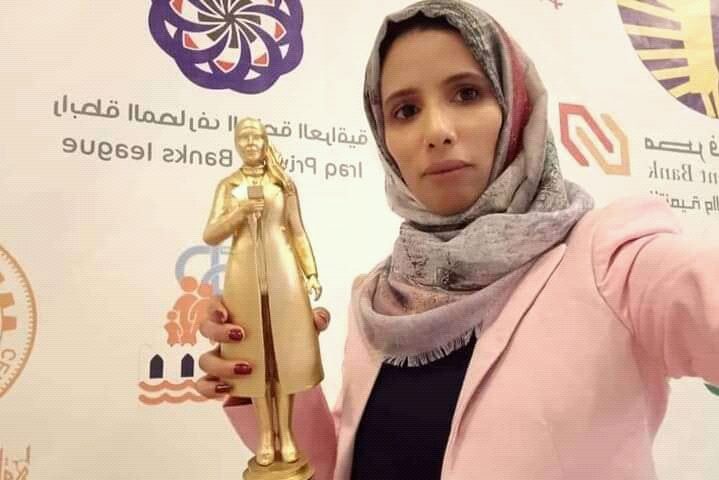
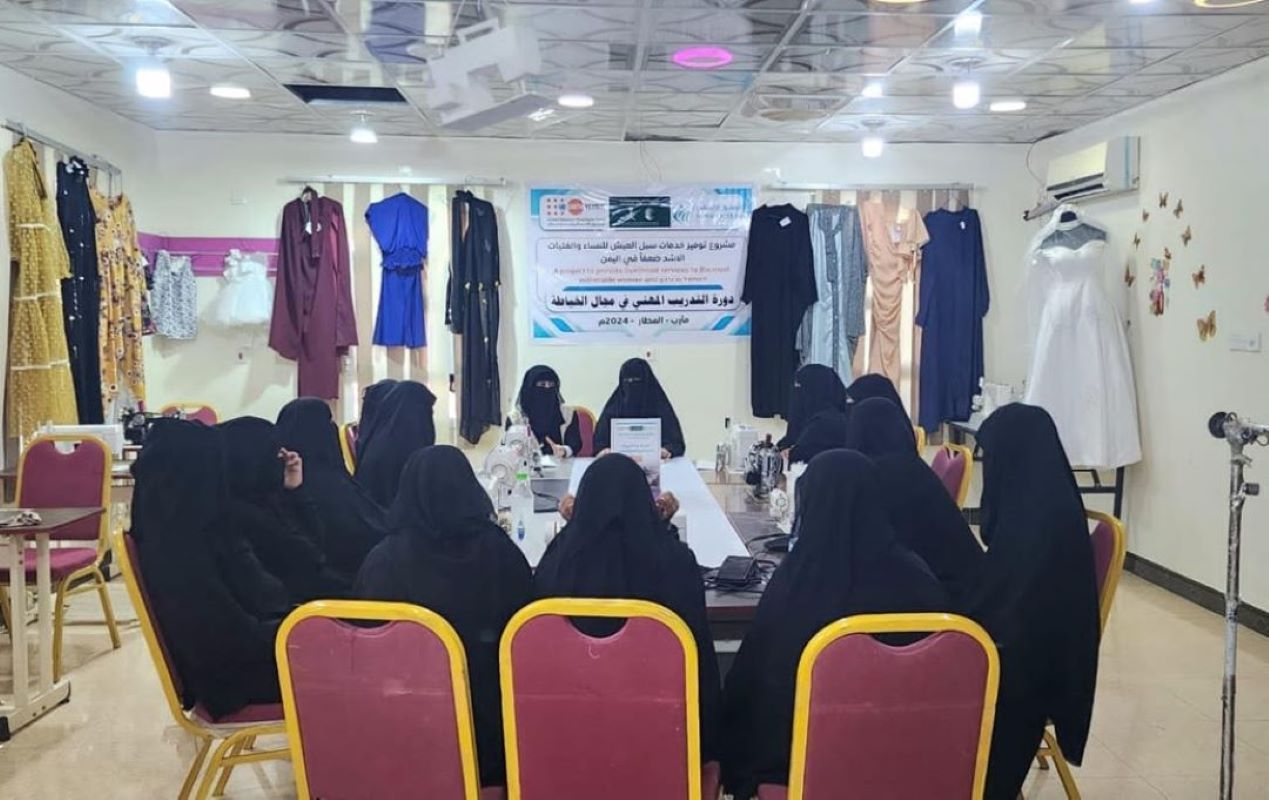
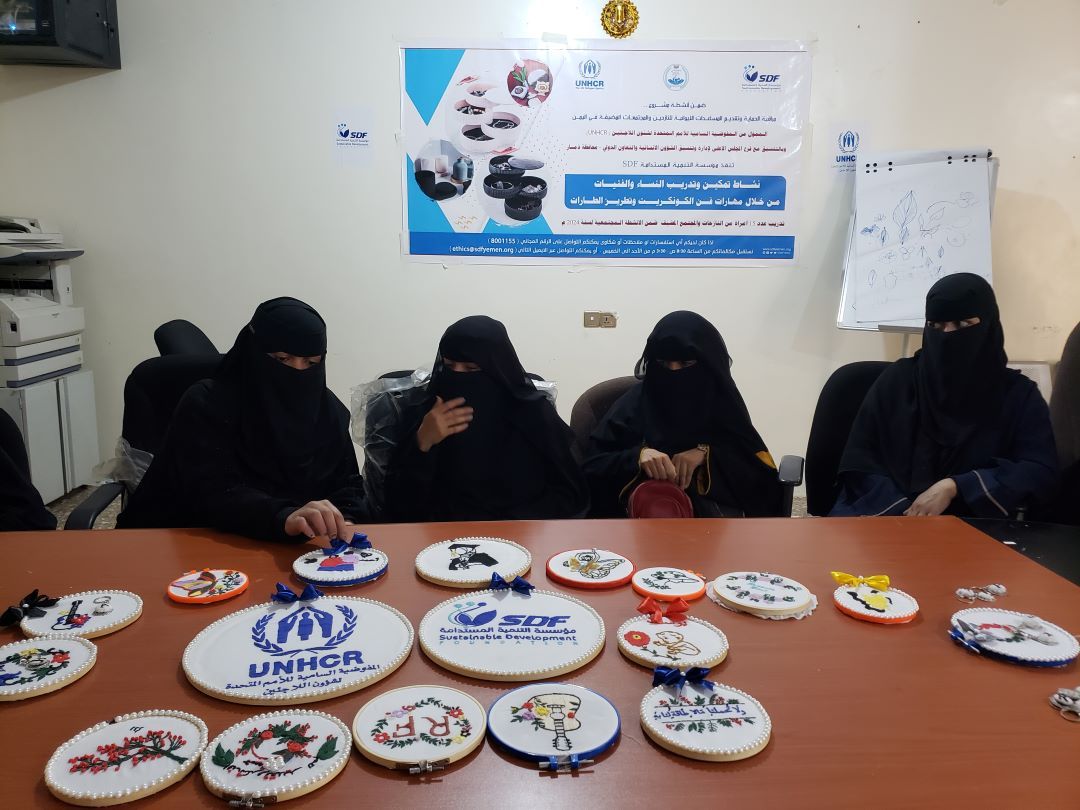
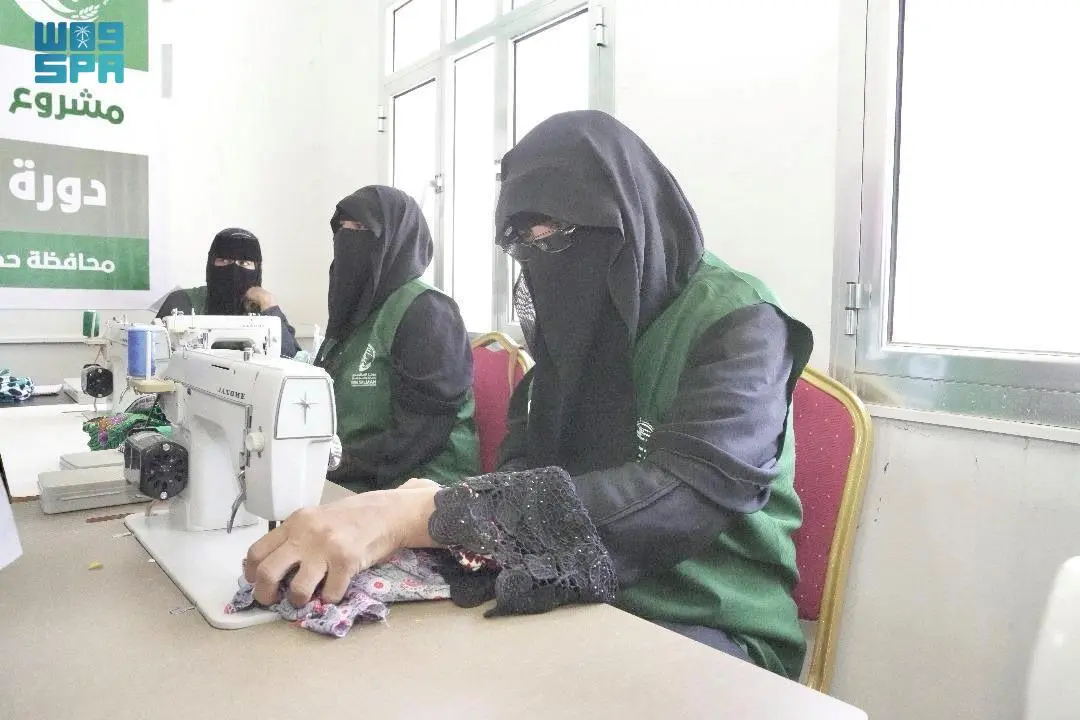

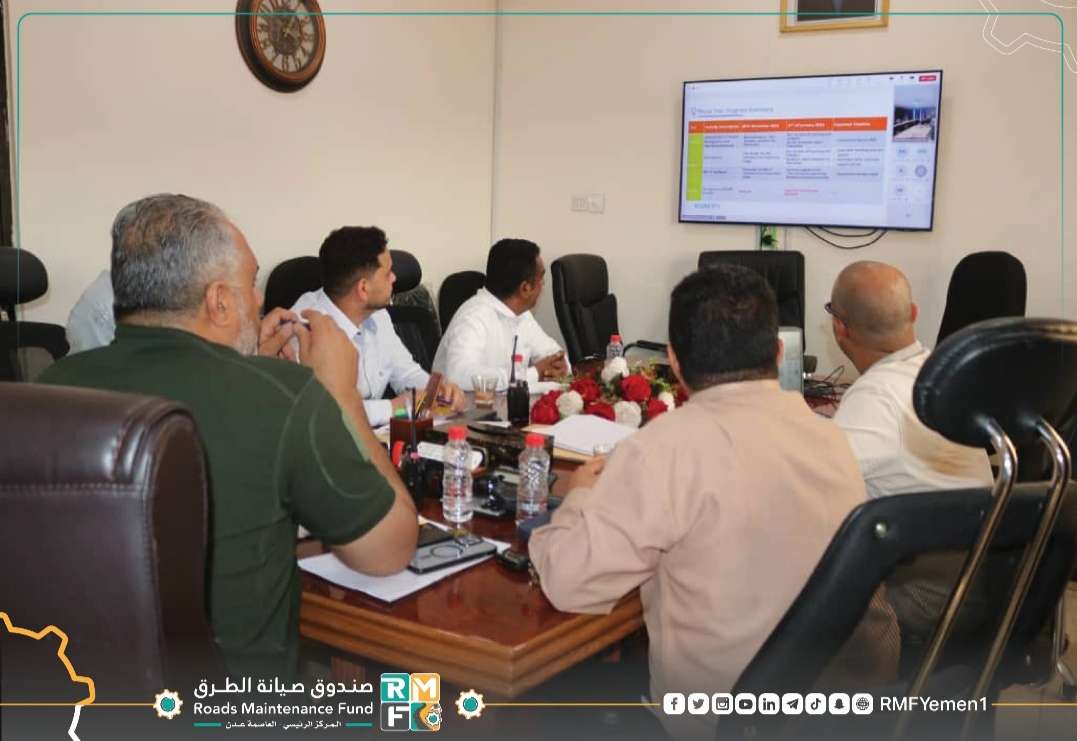


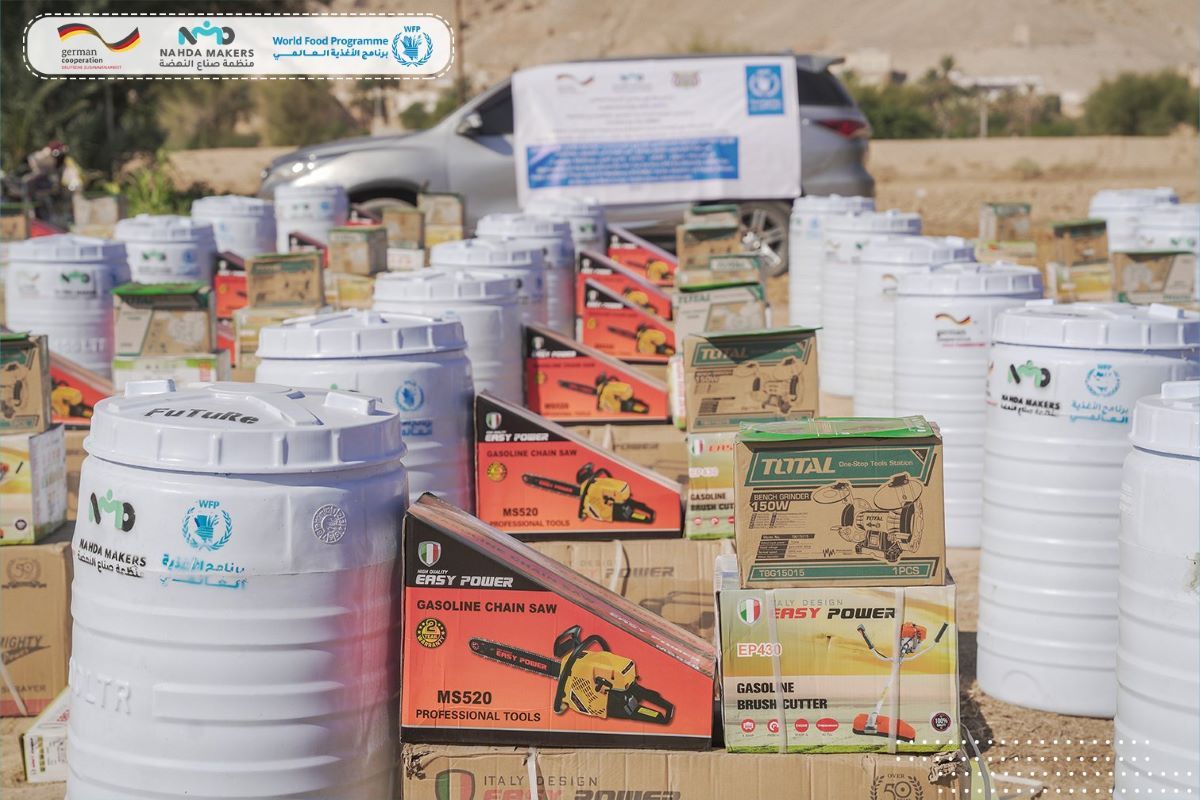
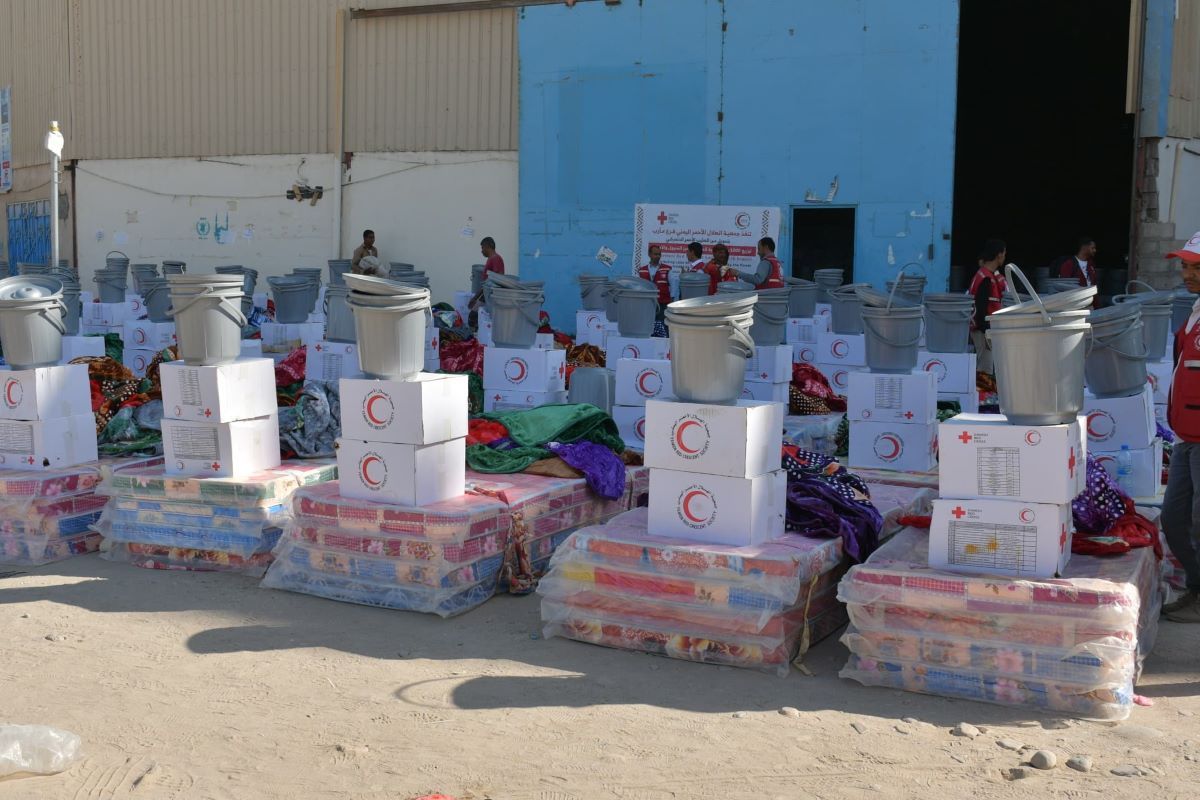
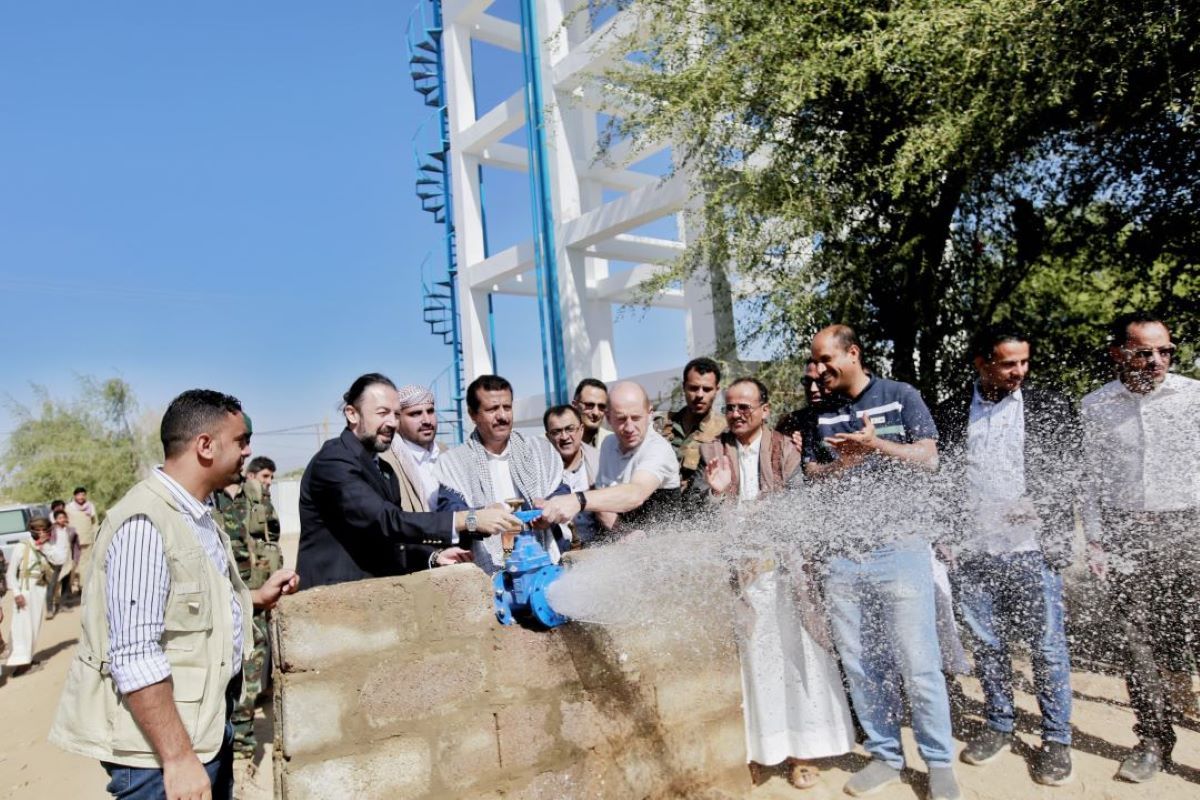
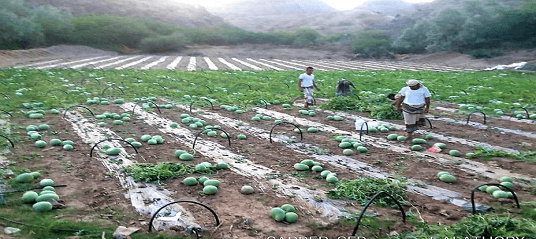
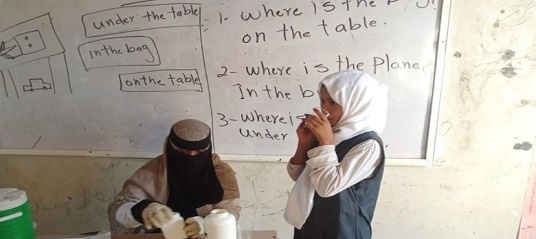
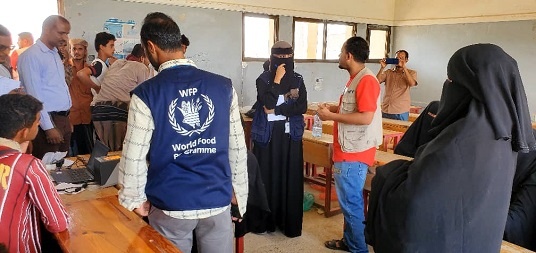
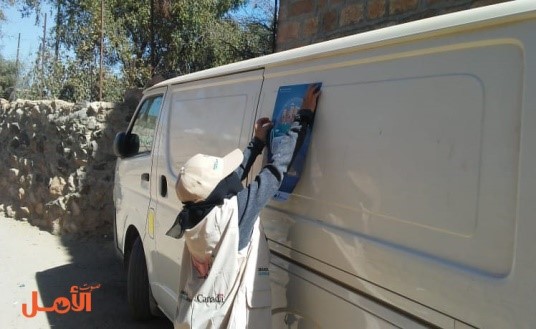
LEAVE A COMMENT